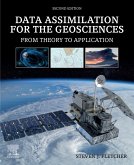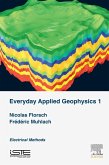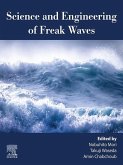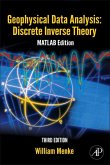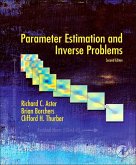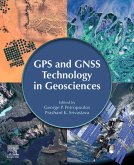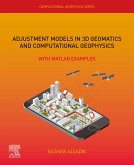The book also demonstrates how data assimilation systems are implemented in larger scale fluid dynamical problems related to the atmosphere, oceans, as well as the land surface and other geophysical situations. It offers a comprehensive presentation of the subject, from basic principles to advanced methods, such as Particle Filters and Markov-Chain Monte-Carlo methods. Additionally, Data Assimilation for the Geosciences: From Theory to Application covers the applications of data assimilation techniques in various disciplines of the geosciences, making the book useful to students, teachers, and research scientists.
- Includes practical exercises, enabling readers to apply concepts in a theoretical formulation
- Offers explanations for how to code certain parts of the theory
- Presents a step-by-step guide on how, and why, data assimilation works and can be used
Dieser Download kann aus rechtlichen Gründen nur mit Rechnungsadresse in A, B, BG, CY, CZ, D, DK, EW, E, FIN, F, GR, HR, H, IRL, I, LT, L, LR, M, NL, PL, P, R, S, SLO, SK ausgeliefert werden.



